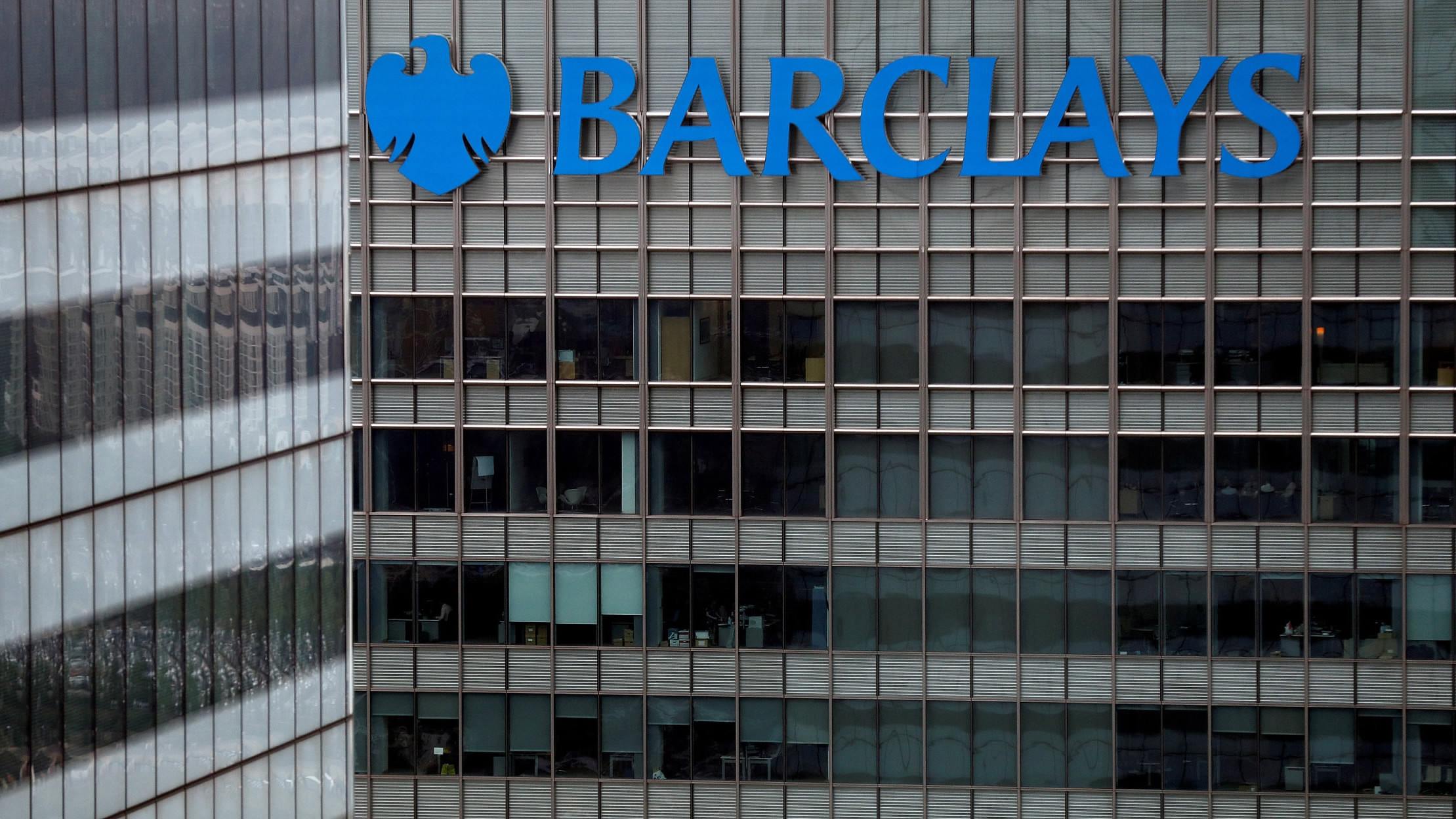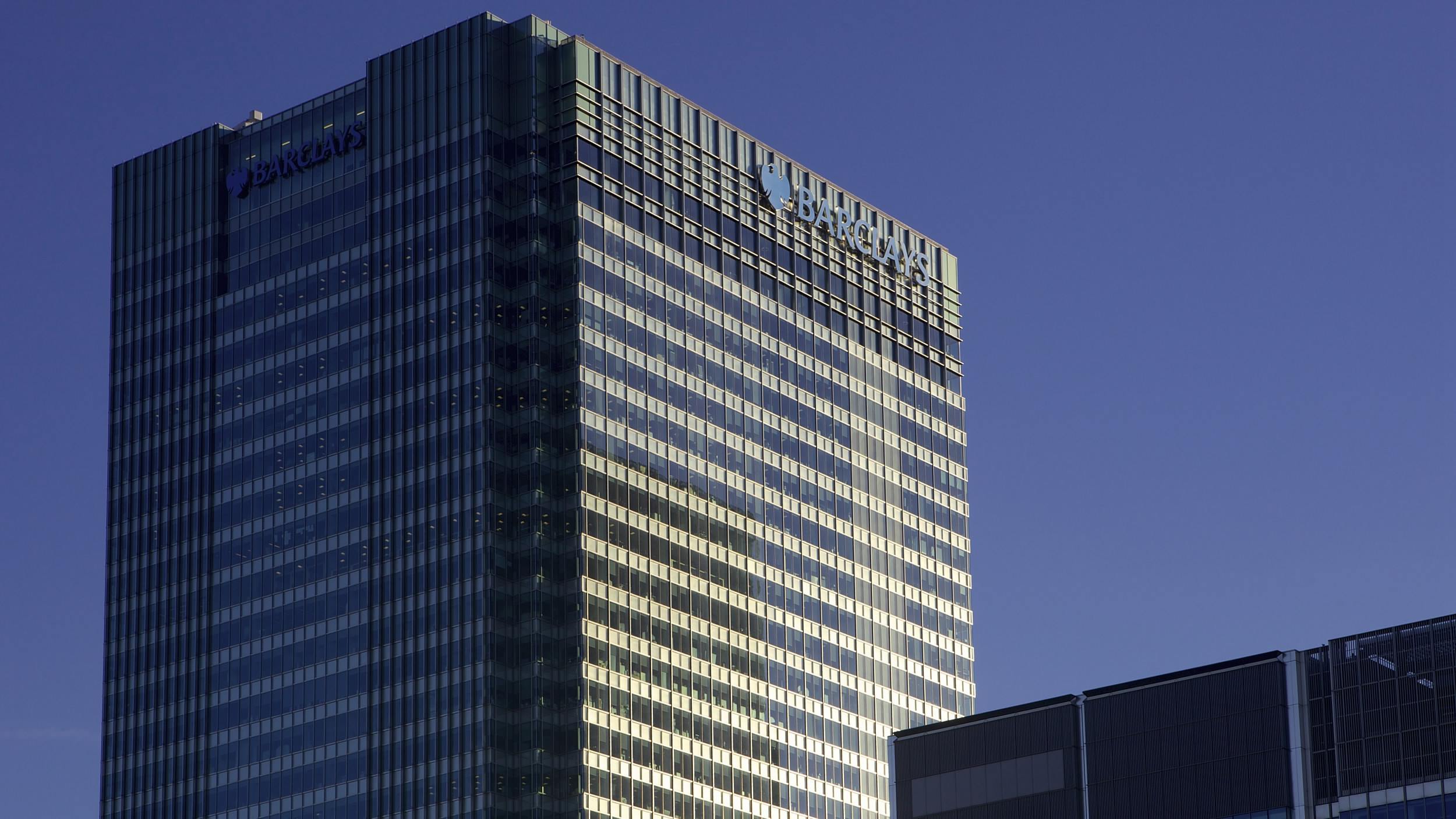
Business
11:52, 24-Oct-2017
Barclays faces $850 mln lawsuit over copper market abuse
CGTN

Hedge fund Red Kite has filed a lawsuit against Barclays Plc, alleging the bank manipulated the copper market to its advantage, causing the hedge fund to lose 850 million US dollars.
The case pits one of the world’s biggest metals hedge funds, whose co-founder Michael Farmer was a former treasurer of Britain’s Conservative Party, against one of Europe’s biggest investment banks.
In court papers, Red Kite alleges that Barclays committed market abuse by manipulating market prices and using information from Red Kite about the hedge fund’s copper positions from 2010 to 2013 to take lucrative opposing trades on metals markets.
The initial legal documents were filed in Britain’s High Court in October last year but only recently made public.
Barclays has denied the claims in a court filing.

Barclays headquarters in UK
Barclays headquarters in UK
“Barclays had detailed policies and procedures in place for protecting confidential information, in particular that of its clients,” it said in the document.
Barclays said its executives only used Red Kite’s confidential information on its market positions for legitimate business purposes, such as assessing the fund’s credit exposure to the bank.
Red Kite agreed when signing the bank’s terms of business that “Barclays would remain free to have interests and duties adverse to the interests of the proprietary (Red Kite) funds,” the bank’s defense document said.
The bank declined to elaborate further. Red Kite did not respond to Reuters’ requests for comment.
Mr. Copper
During the period covered by the case, copper prices surged to a peak of just over 10,000 US dollars a metric ton in 2011, one of the boom years for commodities, driven by China’s appetite for raw materials to build infrastructure.
Excess supply later pushed prices to a low of about 4,300 US dollars by early last year. The Red Kite Group, which has hedge funds, physical trading and mining finance, has about 2 billion US dollars of assets under management, according to its website.
Red Kite said in the court filing that Barclays’ proprietary traders were able to see the hedge fund’s confidential trading positions on the London Metal Exchange (LME) that were being executed by another division of Barclays.

A trader speaks on the telephone on the floor of the London Metal Exchange in London, UK./VCG Photo
A trader speaks on the telephone on the floor of the London Metal Exchange in London, UK./VCG Photo
As a result, Barclays traders executed trades based on that inside knowledge which resulted in profits for Barclays but damaged Red Kite’s stance, the hedge fund said.
“Being able to see the Red Kite funds’ orders and open positions, traders with the Commodities Division (of Barclays)... were able to and did anticipate the Red Kite Funds’ future market behavior,” the court filing said.
Barclays denied that its traders were able to access Red Kite’s confidential information. “Futures Clearing was on a different floor to the Commodities Division, in a segregated area of the floor with specific entry restrictions,” Barclays said in its defense document.
The bank sought to “manipulate the LME by ‘ramping’ prices in a manner favorable to Barclays” during closing trading, the hedge fund said in the court filing.
The LME, owned by Hong Kong Exchanges and Clearing Ltd, declined to comment specifically on the legal case, but referred to its regulations. “The LME has strict rules regarding market manipulation and abuse. Anyone found in breach of LME rules could be subject to disciplinary proceedings.” Red Kite said in the court filing that staff from the two Barclays’ divisions also shared information when they socialized together. The filing also said a daily email was circulated in the bank giving details of Red Kite’s short-term positions.
Barclays also requested more collateral from Red Kite for what it regarded as risky positions in copper while Barclays held opposite positions, Red Kite’s court filing said.
“Accordingly the Red Kite funds were effectively forced by Barclays to close out positions at a time and in a manner profitable to Barclays,” the court filing said.
Barclays said in its defense document that positions sometimes needed to be closed to maintain position limits, which was made clear in its terms of business.
The case is not due to go to trial before June 2019, according to a separate court filing earlier this month.
Source(s): Reuters

SITEMAP
Copyright © 2018 CGTN. Beijing ICP prepared NO.16065310-3
Copyright © 2018 CGTN. Beijing ICP prepared NO.16065310-3